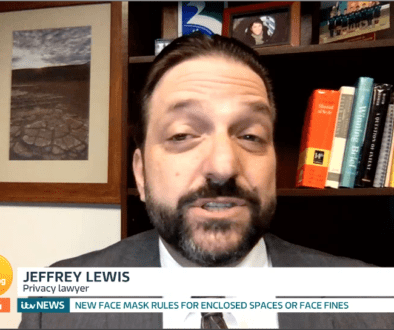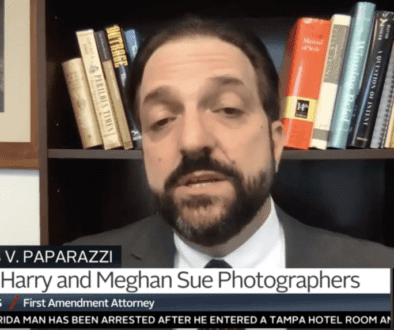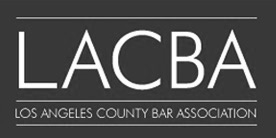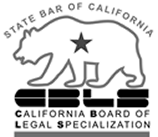Apple again at center of debate over Reporter’s Shield Protection for bloggers
Four years ago, I was part of a legal team that represented a group of bloggers that filed a friend of the court brief in O’Grady v. Superior Court, a legal proceeding that tested, among other things, whether bloggers were entitled to the same protections as mainstream journalists under California reporter’s shield laws. In O’Grady v. Superior Court, Apple wanted to use subpoenas to discover how information regarding its products was being leaked to bloggers. Ultimately, the Court of Appeal sided with the bloggers.
Flash forward four years, this week police executed a search warrant of a Gizmodo reporter concerning Gizmodo’s well publicized acquisition of a new iPhone 4G. CNET reports on the search warrant here. Some have speculated that felony criminal charges may be levied against those involved in the acquisition of the new iPhone. The search warrant appears to fly in the face of the ruling bloggers obtained in O’Grady v. Superior Court in 2006. In finding the Reporter’s Shield Law covers bloggers, the Court wrote:
We decline the implicit invitation to embroil ourselves in questions of what constitutes \”legitimate journalis[m].\” The shield law is intended to protect the gathering and dissemination of news, and that is what petitioners did here. We can think of no workable test or principle that would distinguish \”legitimate\” from \”illegitimate\” news. Any attempt by courts to draw such a distinction would imperil a fundamental purpose of the First Amendment, which is to identify the best, most important, and most valuable ideas not by any sociological or economic formula, rule of law, or process of government, but through the rough and tumble competition of the memetic marketplace.
A Washington Post blogger claims that this search warrant has nothing to do with whether bloggers are treated as journalists and entitled to the protections of the Reporter’s Shield. I, respectfully disagree. If law enforcement had seized the computers of the Washington Post, you can bet an army of lawyers would be challenging the search on First Amendment and Reporter’s Shield grounds.








